After having a stroke, it can be an incredible challenge to return to a normal way of life. Will you be able to function the same? What will you need help with and how can you get that help? How can you prevent a recurrence and continue your path to recovery? How long will it take to recover?
Regardless of where you are in your stroke recovery, you can focus on making healthy lifestyle changes to better support heart health and prevent recurrence. Not only are these lifestyle factors incredible for maintaining your health, but they also help reduce depression and improve your mental and physical abilities.
Recovery requires a multi-pronged approach that should include lifestyle changes and medical interventions. A great place to start is to seek the guidance from your physician on how to follow a healthy diet and get sufficient exercise. A speech therapist or dietitian can help indicate the proper texture of food to prevent choking or other eating challenges.
Here's what to know.
Diet After Stroke
A post-stroke diet is quite similar to a heart-healthy diet, as heart disease and stroke have the same underlying cause. A heart-healthy diet involves focusing on fresh, unprocessed foods low in unhealthy fats and sodium. It should include a minimum of five servings of fruits and vegetables per day, two servings of whole grains and lean protein choices such as chicken, fish or beans.
Depending on how the stroke has affected your swallowing and self-feeding abilities, you or a loved one may need to modify the texture of your diet, according to the U.S. National Library of Medicine. A speech therapist or dietician can help indicate the proper texture of food to prevent choking or other eating challenges.
Food preparation may also be an issue post-stroke, but there are community resources in almost all areas to help with meal deliveries. Consider asking your doctor about these services if you're in need.
Exercise for Stroke Recovery
Exercise has many benefits for recovery. Physical activity helps maintain brain and heart health, according to the American Heart Association, by controlling blood sugar and lowering cholesterol and blood pressure levels. Exercise can help encourage independence and physical ability in daily activities. It also reduces depression and anxiety associated with the physical and emotional changes after stroke.
If you want to start exercising, always ask your doctor what is best for you and start slow. A physical therapist can help guide you toward the best exercises to match your ability. That may include taking short walks, gentle yoga or biking short distances.
Medical Interventions After Stroke
Lastly, although lifestyle changes are important, it's also crucial to communicate with your medical provider after a stroke. Your doctor can set forth a plan tailored to the underlying cause of your stroke to help prevent future ones. Medical options can help prevent future strokes, including medications and implantable devices that help reduce the risk of recurrent stroke.
A combination of medical treatment, regular communication with your doctor and lifestyle changes can put stroke survivors on the road to recovery and a normal, healthy life.
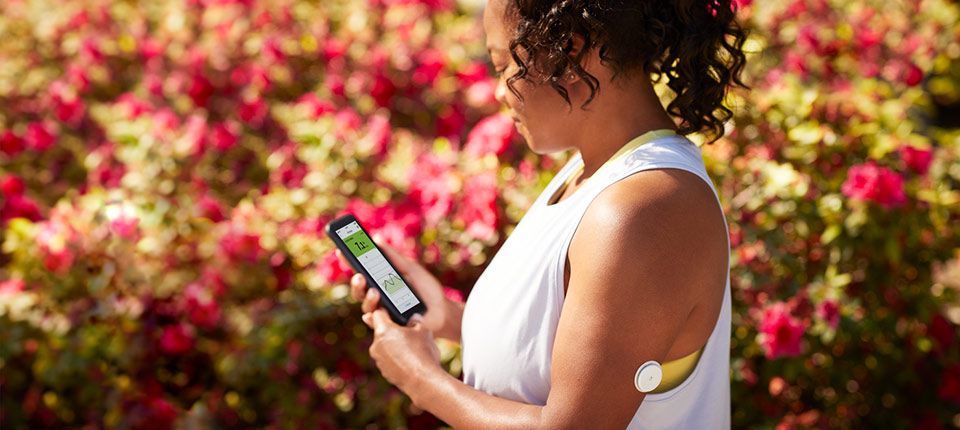

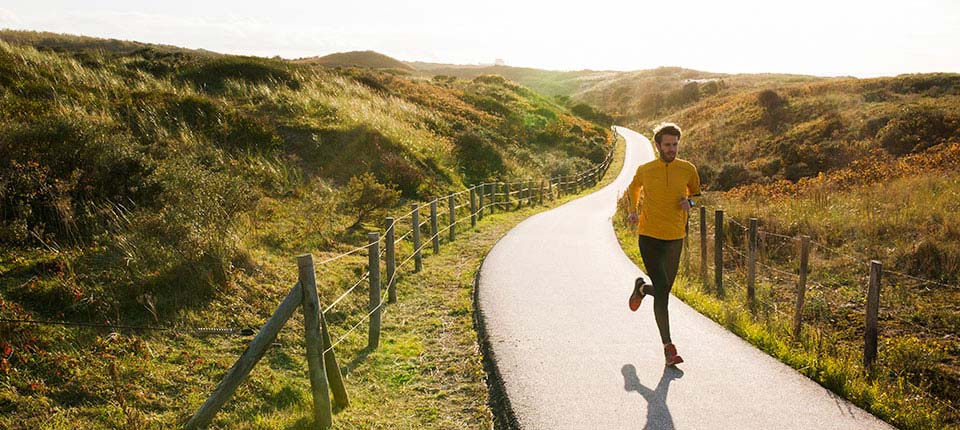
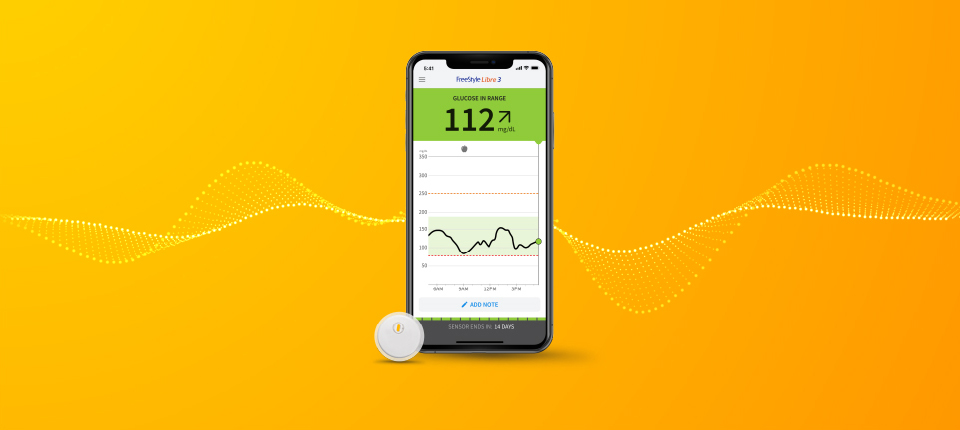
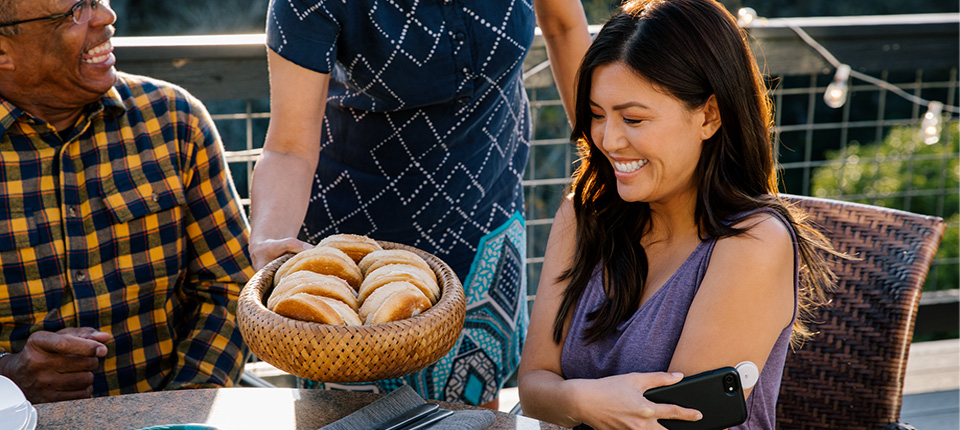
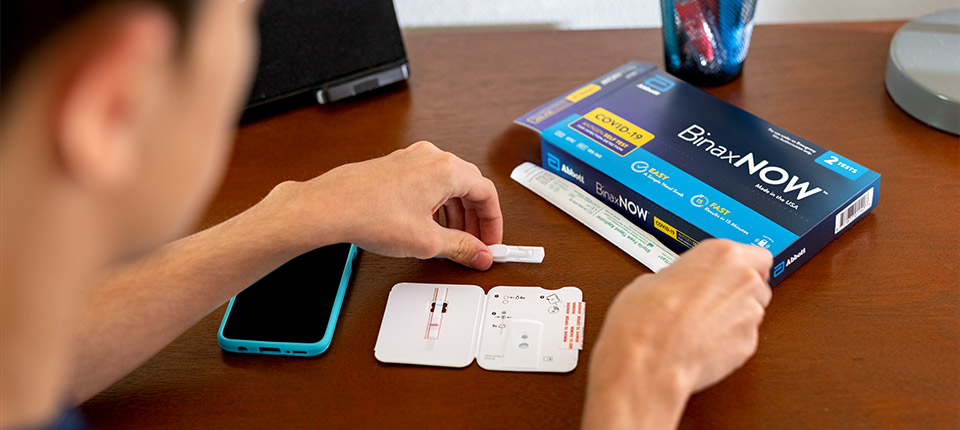
FOLLOW ABBOTT